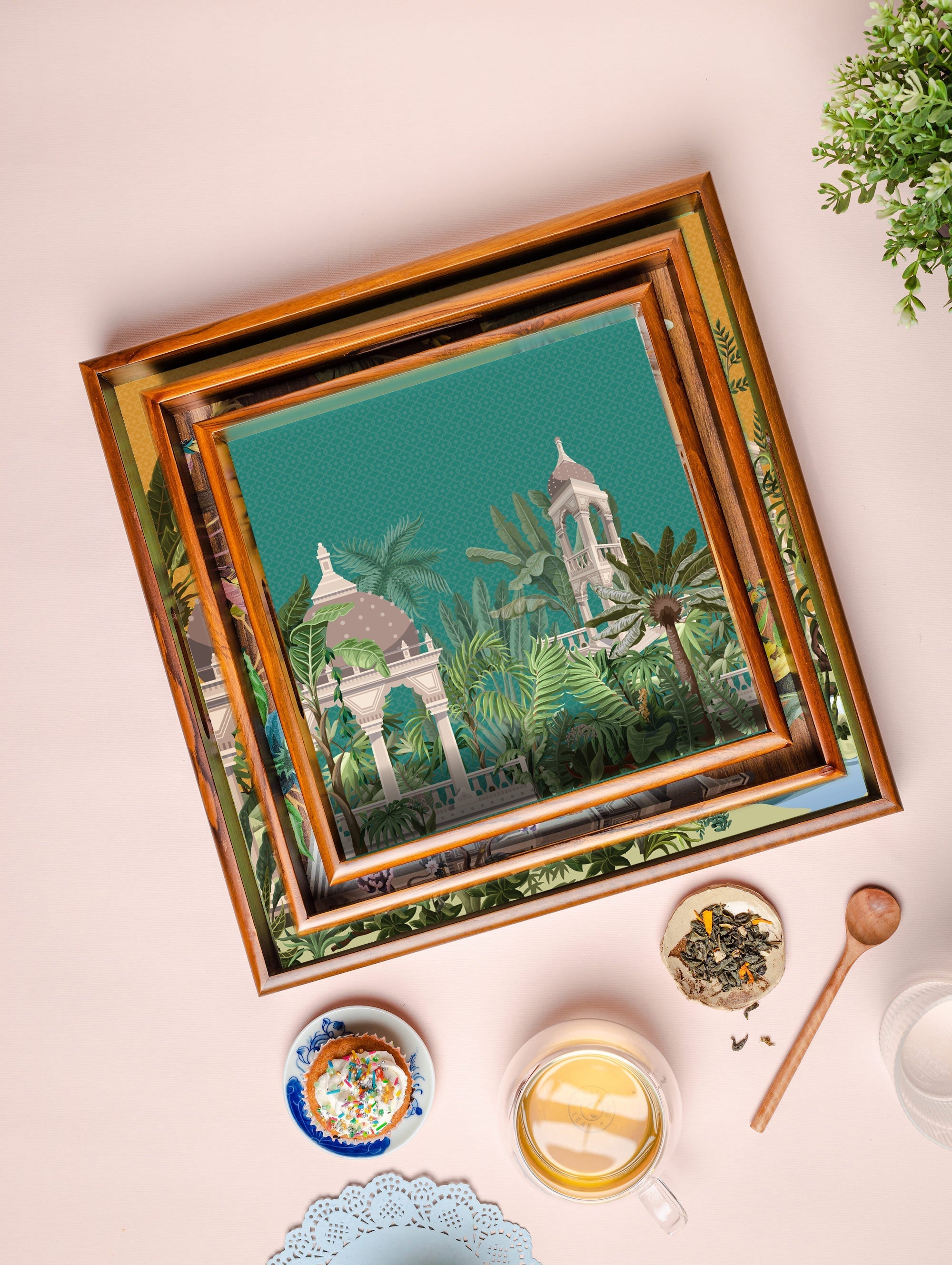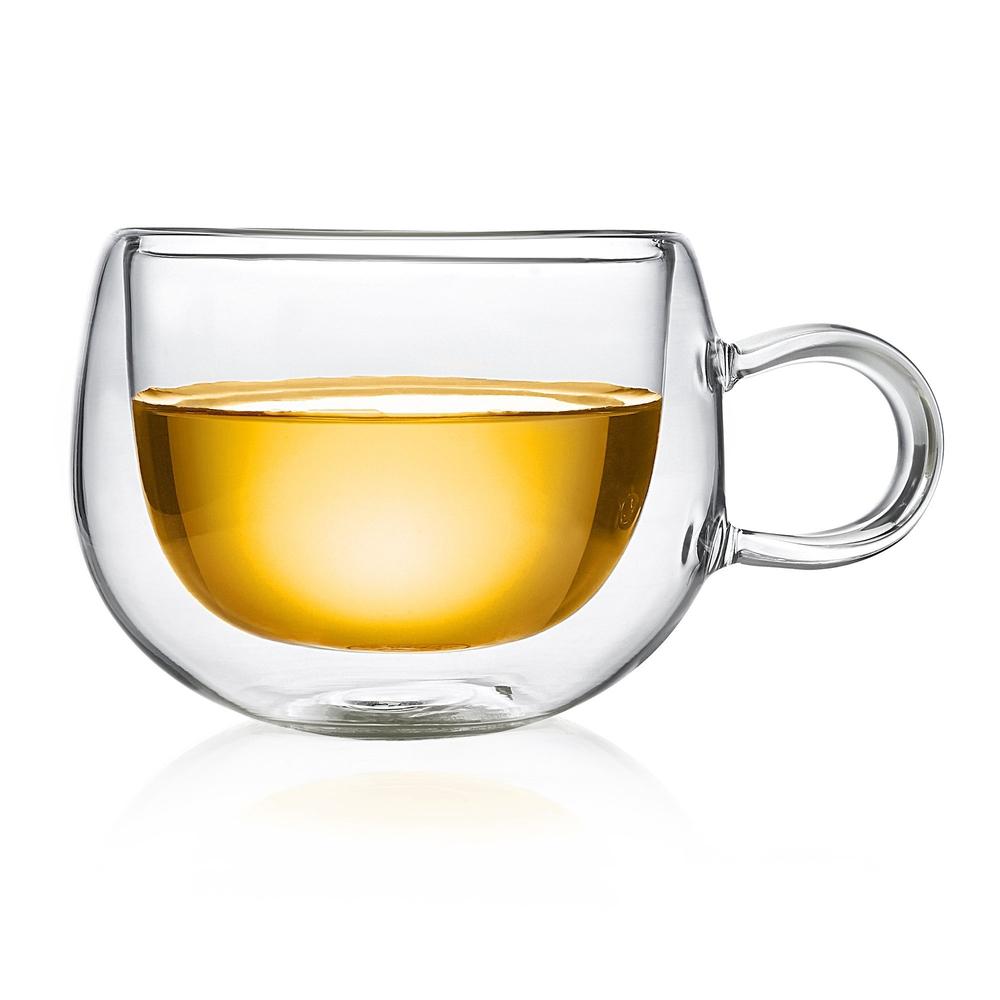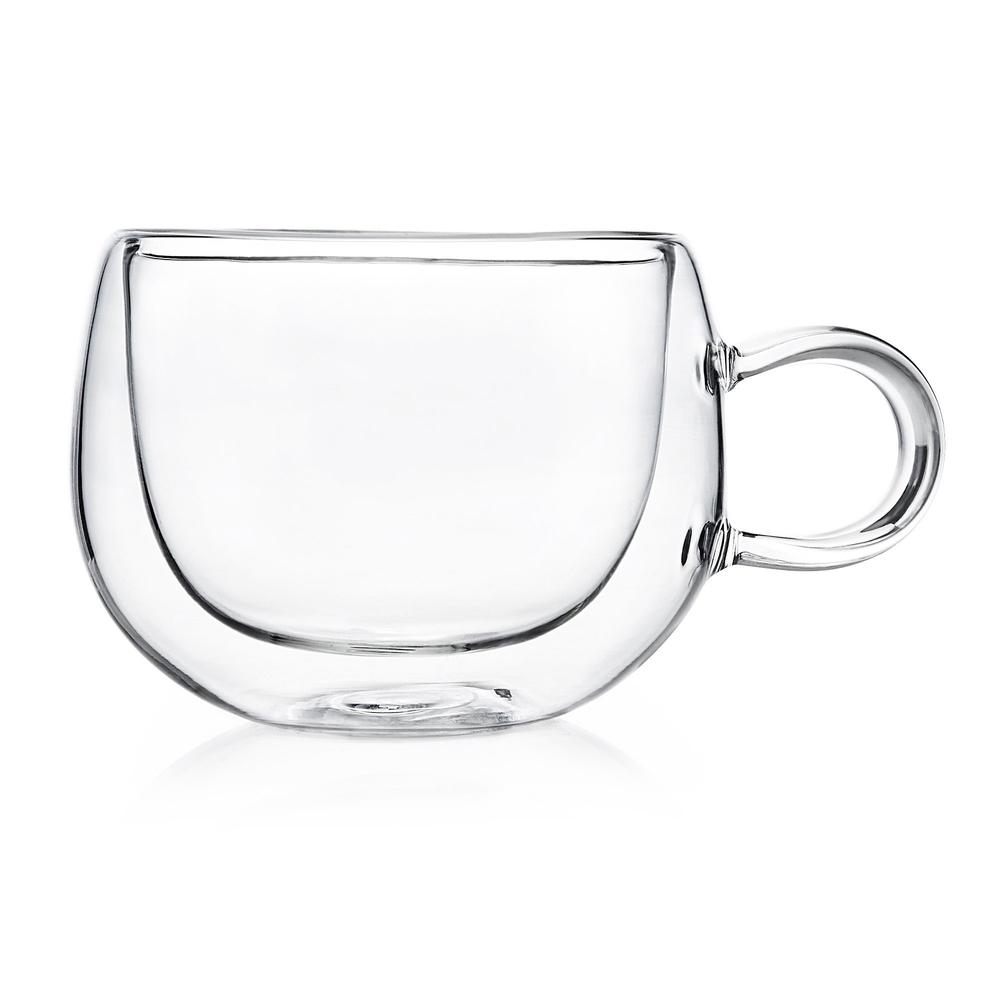Popular Tea Regions of India - Nilgiri
Nilgiri means “Blue Mountain.” Part of the Western Ghats mountain range in southern India, the Nilgiris are also the most scenic tea region in India — which is saying a lot, considering Darjeeling’s stunning mountain scenery and the enchanting tea plantations of Assam that cover three-fifths of the land like a carpet. Found in Tamil Nadu, bordering Kerala, the Nilgiris combine beautiful mountains with an abundance of blooming flowers. The British established the first tea plantation here in 1845. After encountering the heat of the plains, the attraction of the cooler highlands where the tea is grown is understandable. The region grew to become a major producer with several hundred tea estates. After India’s independence, the Nilgiris became a volume producer of CTC (cut-tear-curl) teas rather than a source of quality, Orthodox teas.
More than 50% of Nilgiri tea is exported, and usually finds its way into blends used for tea bags. Data are unreliable on the precise proportion of Nilgiri tea that is actually exported. However, surveys suggest that at least 70% of South Indian tea is exported, and the Nilgiris constitutes more than half of all South Indian production.
The expensive hand-sorted, full-leaf versions of the tea like the Orange Pekoe (O.P.) are highly sought after at international auctions, making it unaffordable for most locals. In November 2006 a Nilgiri Tea achieved "Top Honours" and fetched a world record price of $600 per kg. This was at the first ever tea auction held in Las Vegas
The tea grows throughout the year, but the best harvest time is when other teas are dormant or not apt for picking, i.e. November to March. The tea features twisted leaves that look dark chestnut brown, growing in tea estates that rest at the base of the Blue Mountains. The fruity and strong black tea is all credited to the varying humidity, altitudes, and warmth of the region that let it grow throughout the year. Teas from the blue mountain are well known for their aromatic and robust flavours.








